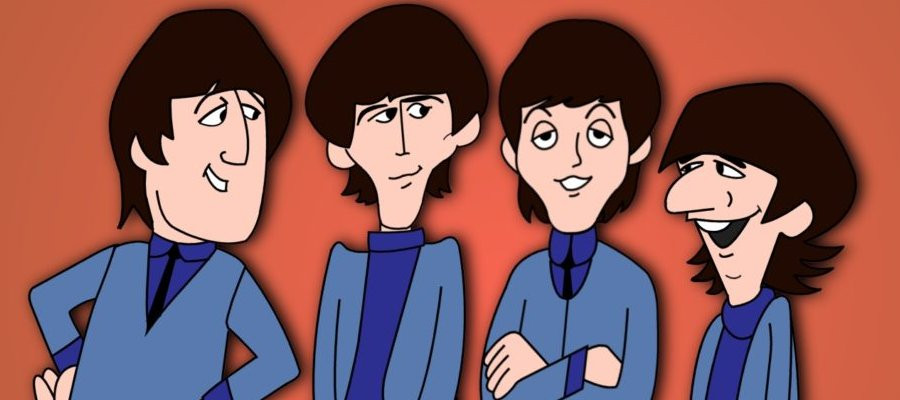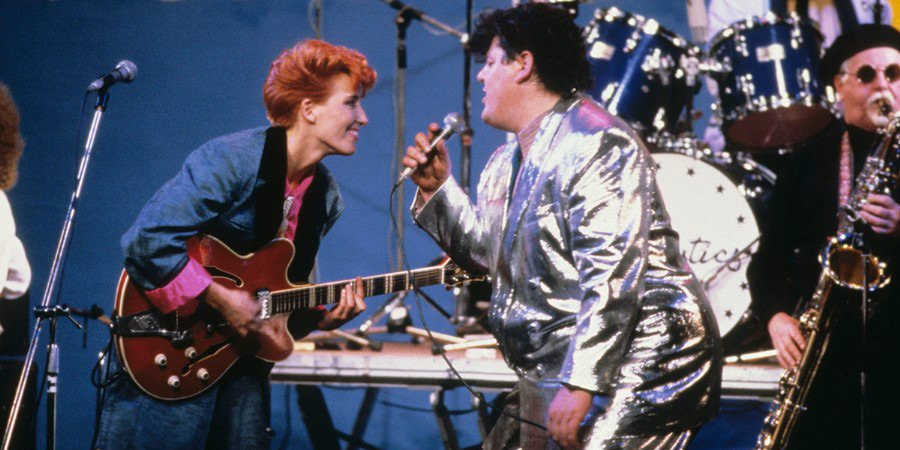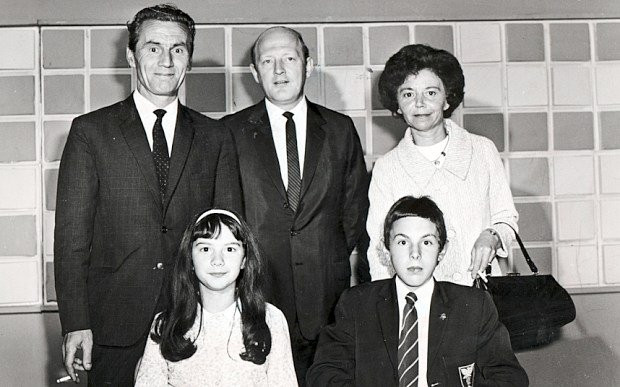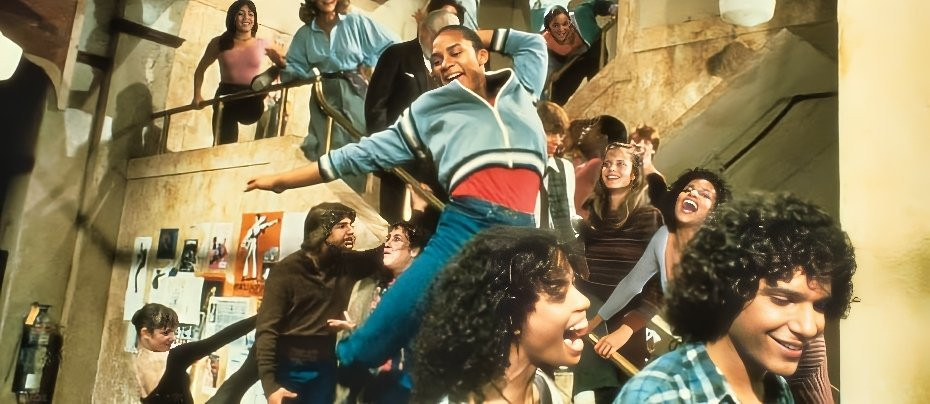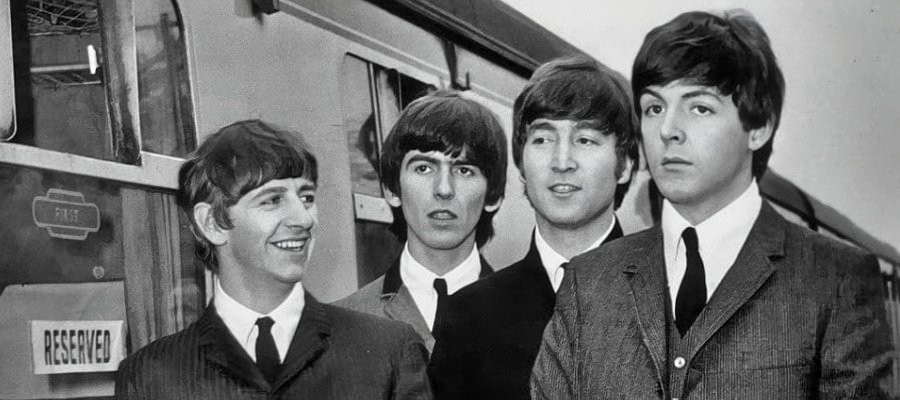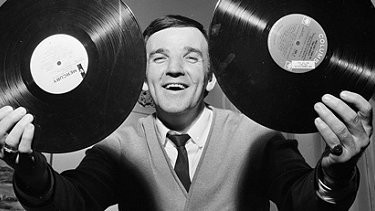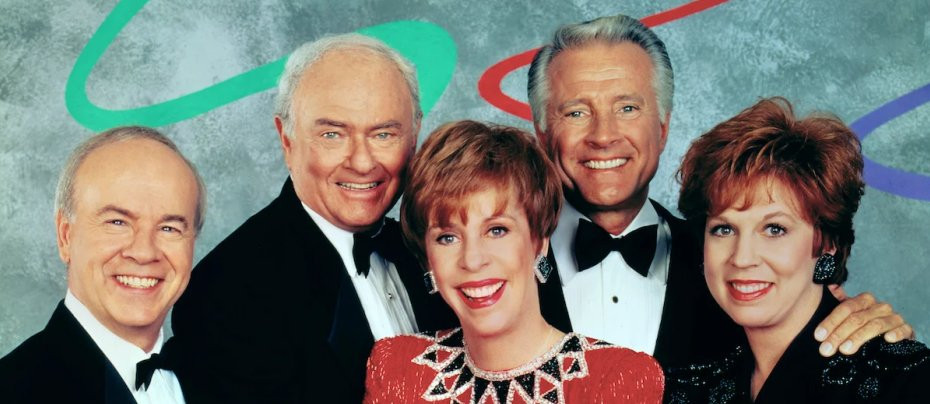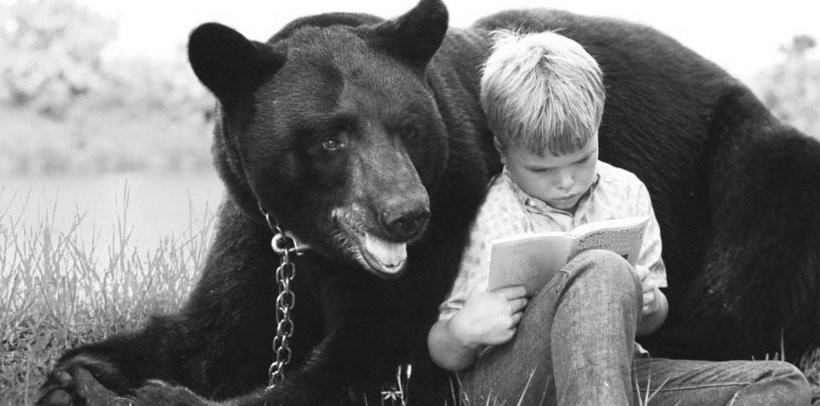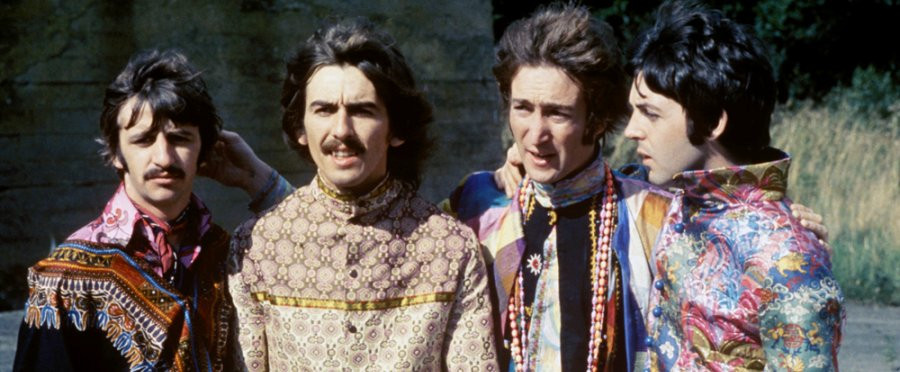
The Magical Mystery Tour
1967 - United KingdomIn 1967, The Beatles, high on popularity following the release of their concept album, Sgt. Pepper's Lonely Hearts Club Band, decided to write, direct and produce their own movie for the mass television audience. Magical Mystery Tour became a significant piece of television history when it was broadcast over the Christmas holiday period of that year, but for all the wrong reasons. For many, it signalled the end of an era.
Six months earlier Paul McCartney had written the beginning of the song Magical Mystery Tour for inclusion on the Pepper album. It had been arranged, rehearsed and partially recorded when it was decided by the group that it didn't quite fit in, and it was subsequently put to one side. The track was held over until September, when, following the death of their manager, Brian Epstein (in August), the foursome got together to decide what creative direction they should take next, and how best to manage their affairs.
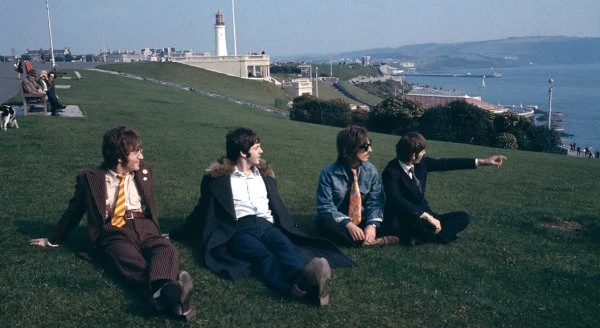
McCartney had read about an American hippy troupe, Ken Kesey's Merry Pranksters, who had, two years earlier, rented a bus and journeyed through California, and he suggested that The Beatles do something similar and take with them a camera crew and a small group of actors, and make up a story as they went along. A few days later, with only a very rough outline of what they hoped to achieve, the four group members, a small group of actors, three crews of cameramen, a handful of journalists and a number of NEMS enterprises employees, a total of 43 people, boarded a bus and set off along the Great West Road on their magical mystery tour, aptly named, because at this point they didn't even know where they were heading themselves.
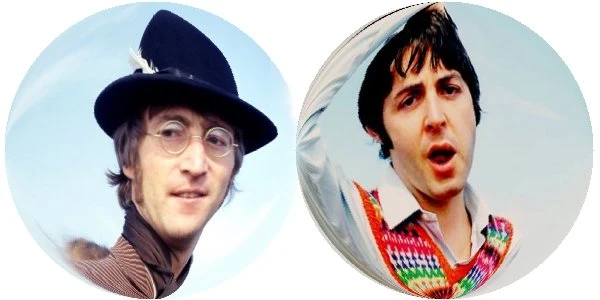
Chaos reigned from the very beginning, when the bus, emblazoned with the words MAGICAL MYSTERY TOUR on posters stuck to its sides, became stuck in traffic jams as it laboured through the British summer traffic, followed everywhere by a cavalcade of press vehicles, fans and sightseers. The group and their entourage turned up at hotels that were not expecting them, towns that didn't want them, and soon realised, amid rising tempers, that their journey was neither magical nor mysterious. At one point John Lennon jumped down from the coach ripping all the posters off in an obvious display of frustration and anger.
They travelled to Banbury in Oxford, then to Devon and Cornwall and finally returned to shoot interior sequences at Shepperton Film Studios, only to find that nobody had booked any time there. Instead they ended up at a disused airfield in West Malling, Kent. There, under Paul McCartney's direction, they improvised the final scenes for the film. The only professionally filmed sequences were the musical ones, Fool On The Hill, I Am The Walrus and their Busby Berkley inspired number Your Mother Should Know, in which John, Paul, George and Ringo, dressed in white tailcoats, descended a staircase, whilst ballroom dancers performed below them. The group then spent eleven weeks editing and re-editing, in order to have the film ready for transmission.
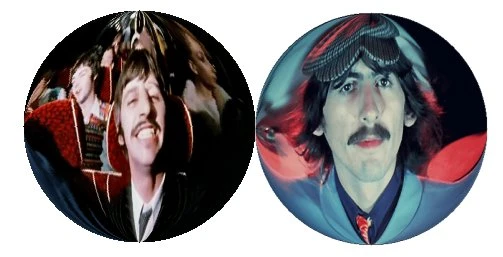
Magical Mystery Tour was sold to the BBC and shown on Boxing Day (26th December) 1967. 15 million viewers tuned in. The Daily Express called it "blatant rubbish", the Los Angeles Times announced "Beatles bomb", other newspapers used phrases like 'contemptuous nonsense' and a million dollar TV deal with NBC was cancelled. In its wake the BBC banned I Am The Walrus for "indecent lyrics." Paul McCartney tried to defend the production by saying that, "We thought the title was explanation enough. There was no plot and it was formless. Deliberately so. We enjoy fantasy and trying to create it." McCartney also made the point that the film was made in colour whilst the BBC only had black and white transmission in 1967 and further claimed that people would look back in years to come and say, "Hey, not bad that!"
So, over fifty years later does Magical Mystery Tour stand the test of time?
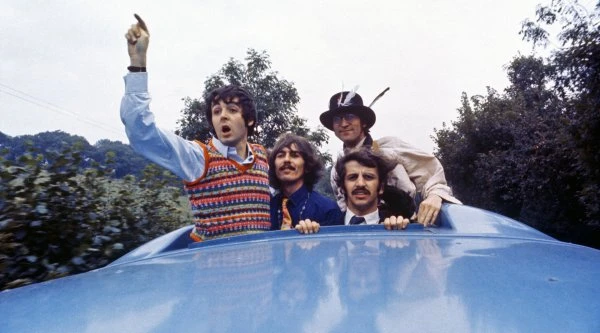
With informed hindsight, the answer must be a qualified yes. McCartney's prediction that time would enhance the productions reputation has proved to be startlingly prophetic, although probably not in the way he meant. What the Magical Mystery Tour has attained today is the status of an important and illuminating cultural document of the end of an era. Partly an overly optimist failed experiment, partly an echo of a more simplistic and child-like decade, the Magical Mystery Tour does succeed as a unique piece of televisual history from a unique and monumentally important set of musical icons.
Seen this show? How do you rate it?
Seen this show? How do you rate it?
Published on December 18th, 2019. Written by Humar for Television Heaven.


